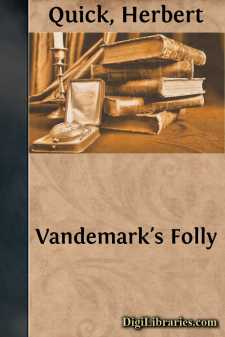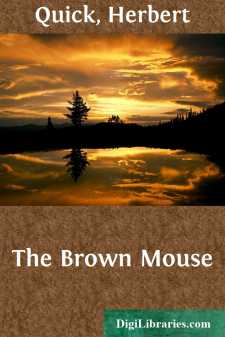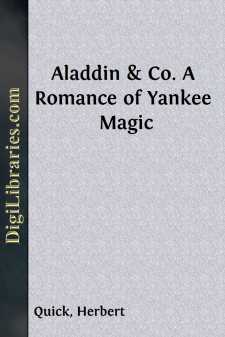Categories
- Antiques & Collectibles 13
- Architecture 36
- Art 48
- Bibles 22
- Biography & Autobiography 813
- Body, Mind & Spirit 141
- Business & Economics 28
- Children's Books 12
- Children's Fiction 9
- Computers 4
- Cooking 94
- Crafts & Hobbies 4
- Drama 346
- Education 46
- Family & Relationships 57
- Fiction 11826
- Games 19
- Gardening 17
- Health & Fitness 34
- History 1377
- House & Home 1
- Humor 147
- Juvenile Fiction 1873
- Juvenile Nonfiction 202
- Language Arts & Disciplines 88
- Law 16
- Literary Collections 686
- Literary Criticism 179
- Mathematics 13
- Medical 41
- Music 40
- Nature 179
- Non-Classifiable 1768
- Performing Arts 7
- Periodicals 1453
- Philosophy 64
- Photography 2
- Poetry 896
- Political Science 203
- Psychology 42
- Reference 154
- Religion 513
- Science 126
- Self-Help 83
- Social Science 81
- Sports & Recreation 34
- Study Aids 3
- Technology & Engineering 59
- Transportation 23
- Travel 463
- True Crime 29
Herbert Quick
Herbert Quick (1861–1925) was an American writer, editor, and politician known for his works on rural life and farming. He authored several novels, including "The Fairview Idea" and "Vandemark's Folly," which depicted the challenges and opportunities of settlers in the American Midwest. In addition to fiction, Quick wrote about social and agricultural reform, reflecting his deep interest in improving the lives of farmers. He also served as editor of "Farm and Fireside", contributing to discussions on rural education and progressive farming techniques.
Author's Books:
Sort by:
by:
Herbert Quick
CHAPTER I A FLAT DUTCH TURNIP BEGINS ITS CAREER My name is Jacobus Teunis Vandemark. I usually sign J.T. Vandemark; and up to a few years ago I thought as much as could be that my first name was Jacob; but my granddaughter Gertrude, who is strong on family histories, looked up my baptismal record in an old Dutch Reformed church in Ulster County, New York, came home and began teasing me to change to...
more...
by:
Herbert Quick
CHAPTER I A MAIDEN’S “HUMPH” A Farm-hand nodded in answer to a question asked him by Napoleon on the morning of Waterloo. The nod was false, or the emperor misunderstood—and Waterloo was lost. On the nod of a farm-hand rested the fate of Europe. This story may not be so important as the battle of Waterloo—and it may be. I think that Napoleon was sure to lose to Wellington sooner or later, and...
more...
by:
Herbert Quick
CHAPTER I. Which is of Introductory Character. Our National Convention met in Chicago that year, and I was one of the delegates. I had looked forward to it with keen expectancy. I was now, at five o’clock of the first day, admitting to myself that it was a bore. The special train, with its crowd of overstimulated enthusiasts, the throngs at the stations, the brass bands, bunting, and buncombe all...
more...




